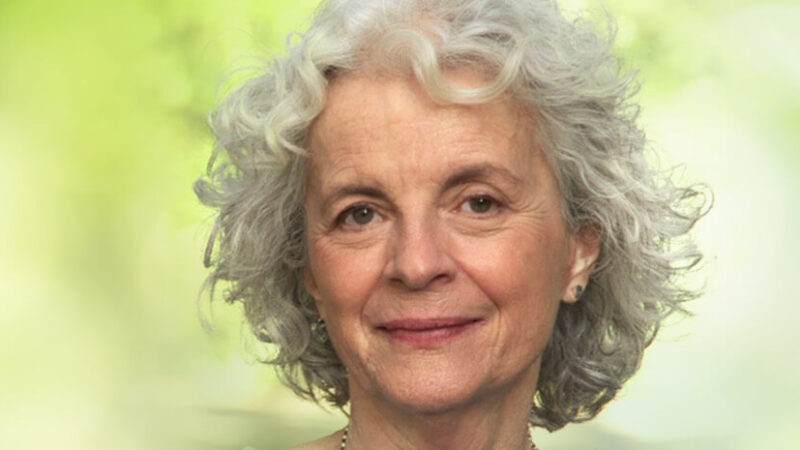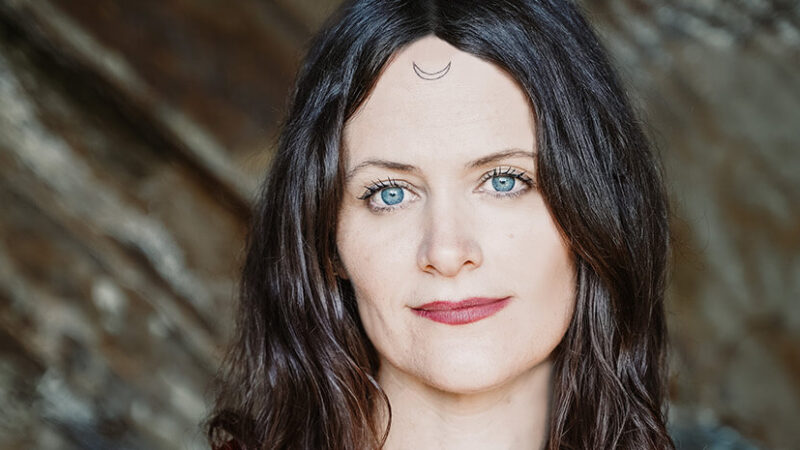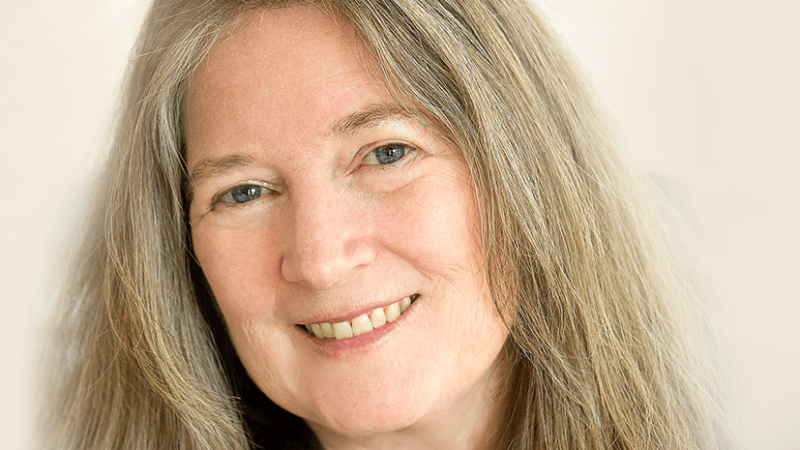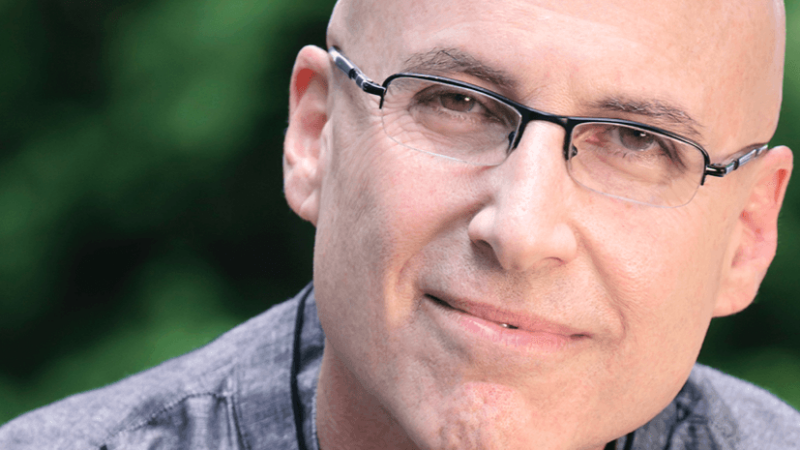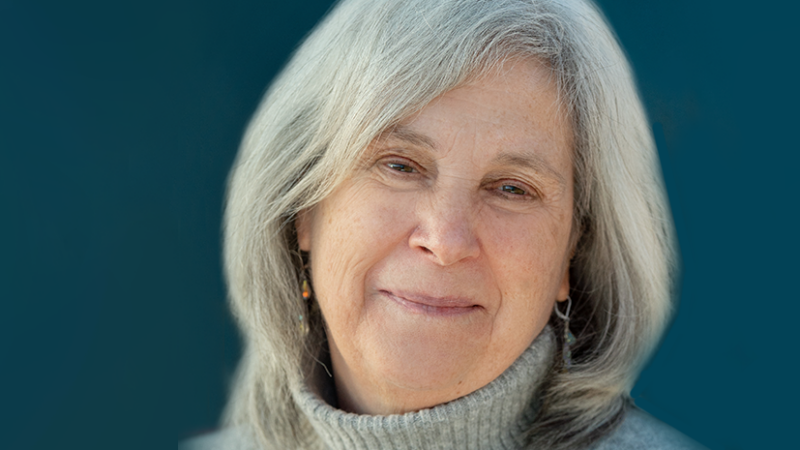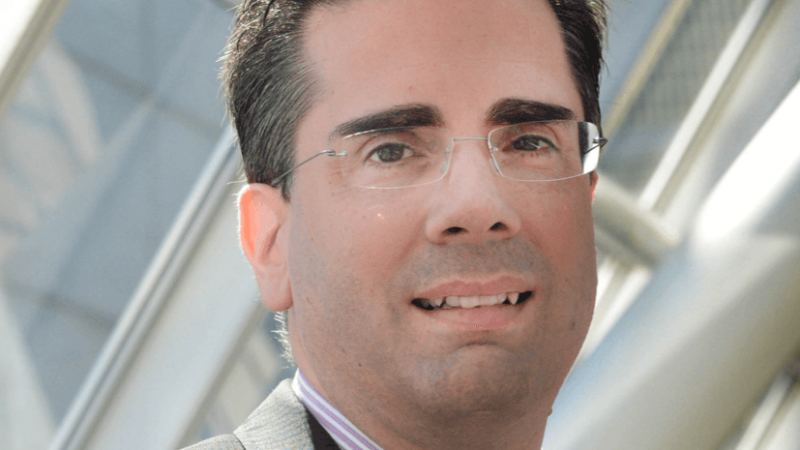The Inside Story: The Power of Interoceptive Awareness
Susan Sands, PhD, is a clinical psychologist known for her trailblazing work in female development and body-based disorders. She incorporates Buddhist thought and meditation into her work with patients. A former journalist, she publishes and presents widely on the topic of eating disorders and body image, and she is a core faculty member at the Psychoanalytic Institute of Northern California in San Francisco.
In this podcast, Sounds True founder Tami Simon speaks with Susan Sands about her new book, The Inside Story, illuminating the surprising benefits that come with growing older and deepening our capacity to perceive our inner world more intimately. Tami and Susan discuss how interoceptive awareness is critical to our happiness as we age; body sense versus body image; the connection between having a high level of interoceptive awareness and having access to personal agency; how spiritual practices like meditation, mindfulness, and yoga help us cultivate interoceptive awareness; countering negative thoughts about our aging bodies by using “ageism disruptors”; developing a stable body image in our day to day lives; experiencing the pleasure of the inner body as we age; the positivity bias, and how it increases over time; the surprising beneficial physiological effects of aging; “mixed emotions” and the wisdom that comes with being older; the happiness curve, and how we can work to rewrite negative ageist narratives; addressing age inequality in today’s society; and more.
